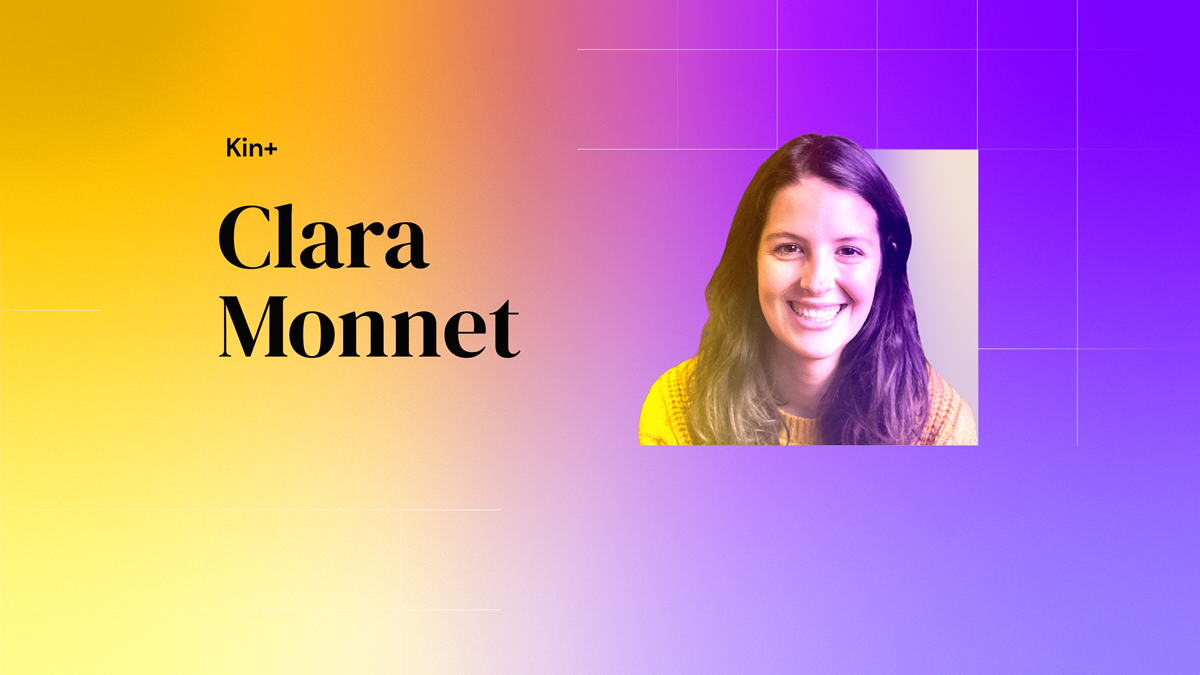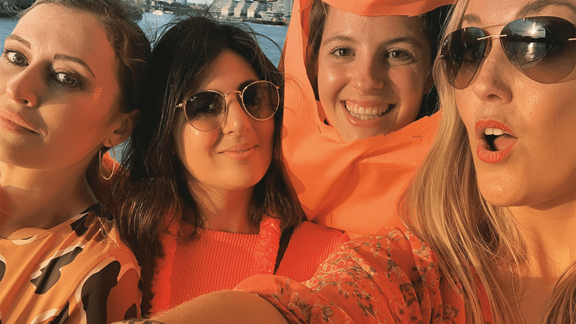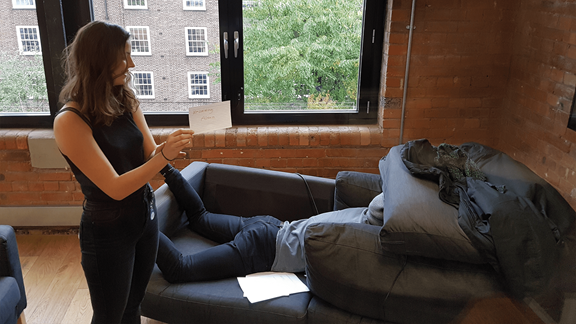In the past seven years, we’ve grown lots as an organisation through acquisition. Each new acquisition has brought a new set of skills and clients which meant that as a team, we’ve had to continuously adapt. We now have a highly experienced team that can deliver a wide range of work - from proposition development, new ventures and product discoveries to the more traditional digital transformation, digital maturity assessments and target operating models.
Although I’ve spent a lot of my career traversing different industries and working on a multitude of problems, the majority of my time has been spent in Financial Services working on innovation and product projects. I joined Kin + Carta on the cusp of PSD2 and open banking. These new regulations were going to completely shake up the industry, which was really exciting. I remember this time as being filled with so many predictions and hypotheses on how open banking would impact the banking landscape whilst also being a time that saw huge investments in the space, funding new fintech, challenger banks and products.
One of my first projects was an ongoing three-year engagement with Visa as their Innovation Partner. Our role was to figure out how these regulations were going to impact different aspects of banking. We explored the future of current accounts, savings, joint accounts, recurring payments, overseas transactions, credit, investments etc. Our focus was on developing point of views on the impact Open Banking would have, and identifying new digital products and services that could be designed and built to take advantage of this new world. The challenge for Visa and their clients was how to prevent customers, predominantly younger ones, from leaving them for these new challenger banks. So we were asking the questions: How do we actively keep these customers and improve their experience? In an open banking world, what useful things can you do with open access to data?
We were able to really deep dive into these issues, and gain experience across a breadth of different technologies, like voice and banking conversational UI. At the time, these were such new and innovative concepts and it really felt like we were at the cutting edge of technology. We were also able to test the impact of different API strategies, whilst working on both front and back end solutions. Soon enough, we got to the stage where we weren't just advising, but we were actually building and designing new products that would change our client and the industry at-large. After that project, our team at Kin + Carta had such a breadth of financial services expertise, it enabled us to really elevate our financial services portfolio with some of the biggest banks in the country, a lot of which we still work with today.


